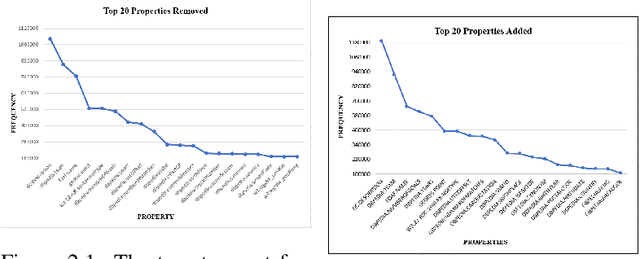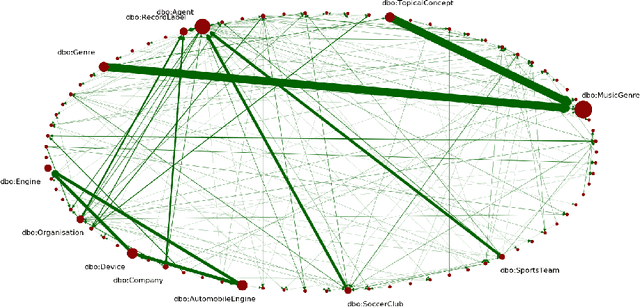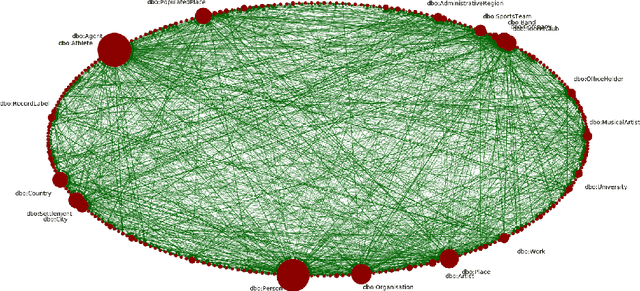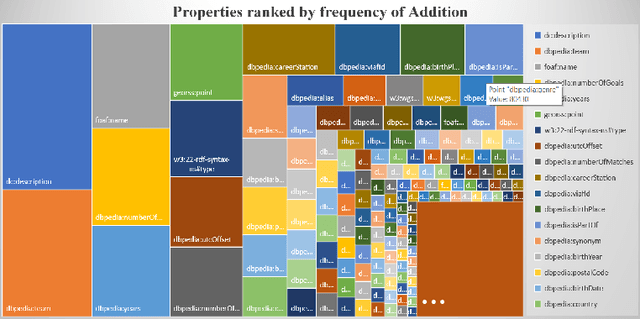Valentina Pasqual
Knowledge Graphs Generation from Cultural Heritage Texts: Combining LLMs and Ontological Engineering for Scholarly Debates
Nov 13, 2025



Abstract:Cultural Heritage texts contain rich knowledge that is difficult to query systematically due to the challenges of converting unstructured discourse into structured Knowledge Graphs (KGs). This paper introduces ATR4CH (Adaptive Text-to-RDF for Cultural Heritage), a systematic five-step methodology for Large Language Model-based Knowledge Extraction from Cultural Heritage documents. We validate the methodology through a case study on authenticity assessment debates. Methodology - ATR4CH combines annotation models, ontological frameworks, and LLM-based extraction through iterative development: foundational analysis, annotation schema development, pipeline architecture, integration refinement, and comprehensive evaluation. We demonstrate the approach using Wikipedia articles about disputed items (documents, artifacts...), implementing a sequential pipeline with three LLMs (Claude Sonnet 3.7, Llama 3.3 70B, GPT-4o-mini). Findings - The methodology successfully extracts complex Cultural Heritage knowledge: 0.96-0.99 F1 for metadata extraction, 0.7-0.8 F1 for entity recognition, 0.65-0.75 F1 for hypothesis extraction, 0.95-0.97 for evidence extraction, and 0.62 G-EVAL for discourse representation. Smaller models performed competitively, enabling cost-effective deployment. Originality - This is the first systematic methodology for coordinating LLM-based extraction with Cultural Heritage ontologies. ATR4CH provides a replicable framework adaptable across CH domains and institutional resources. Research Limitations - The produced KG is limited to Wikipedia articles. While the results are encouraging, human oversight is necessary during post-processing. Practical Implications - ATR4CH enables Cultural Heritage institutions to systematically convert textual knowledge into queryable KGs, supporting automated metadata enrichment and knowledge discovery.
Explicit vs. Implicit Biographies: Evaluating and Adapting LLM Information Extraction on Wikidata-Derived Texts
Sep 18, 2025Abstract:Text Implicitness has always been challenging in Natural Language Processing (NLP), with traditional methods relying on explicit statements to identify entities and their relationships. From the sentence "Zuhdi attends church every Sunday", the relationship between Zuhdi and Christianity is evident for a human reader, but it presents a challenge when it must be inferred automatically. Large language models (LLMs) have proven effective in NLP downstream tasks such as text comprehension and information extraction (IE). This study examines how textual implicitness affects IE tasks in pre-trained LLMs: LLaMA 2.3, DeepSeekV1, and Phi1.5. We generate two synthetic datasets of 10k implicit and explicit verbalization of biographic information to measure the impact on LLM performance and analyze whether fine-tuning implicit data improves their ability to generalize in implicit reasoning tasks. This research presents an experiment on the internal reasoning processes of LLMs in IE, particularly in dealing with implicit and explicit contexts. The results demonstrate that fine-tuning LLM models with LoRA (low-rank adaptation) improves their performance in extracting information from implicit texts, contributing to better model interpretability and reliability.
Knowledge Graphs Evolution and Preservation -- A Technical Report from ISWS 2019
Dec 22, 2020



Abstract:One of the grand challenges discussed during the Dagstuhl Seminar "Knowledge Graphs: New Directions for Knowledge Representation on the Semantic Web" and described in its report is that of a: "Public FAIR Knowledge Graph of Everything: We increasingly see the creation of knowledge graphs that capture information about the entirety of a class of entities. [...] This grand challenge extends this further by asking if we can create a knowledge graph of "everything" ranging from common sense concepts to location based entities. This knowledge graph should be "open to the public" in a FAIR manner democratizing this mass amount of knowledge." Although linked open data (LOD) is one knowledge graph, it is the closest realisation (and probably the only one) to a public FAIR Knowledge Graph (KG) of everything. Surely, LOD provides a unique testbed for experimenting and evaluating research hypotheses on open and FAIR KG. One of the most neglected FAIR issues about KGs is their ongoing evolution and long term preservation. We want to investigate this problem, that is to understand what preserving and supporting the evolution of KGs means and how these problems can be addressed. Clearly, the problem can be approached from different perspectives and may require the development of different approaches, including new theories, ontologies, metrics, strategies, procedures, etc. This document reports a collaborative effort performed by 9 teams of students, each guided by a senior researcher as their mentor, attending the International Semantic Web Research School (ISWS 2019). Each team provides a different perspective to the problem of knowledge graph evolution substantiated by a set of research questions as the main subject of their investigation. In addition, they provide their working definition for KG preservation and evolution.
 Add to Chrome
Add to Chrome Add to Firefox
Add to Firefox Add to Edge
Add to Edge